
Drivers are waking up to the cheap running costs and eco benefits of battery-powered motors. But sales of electric models are still lagging a long way behind conventionally fuelled cars.
In the first nine months of 2019, official figures show that just 1.3 per cent of cars sold are battery electric vehicles. The vast majority are still petrol or diesel.
However, new research by transport group TRL has revealed that half of us are considering buying an electric car as our main or second motor within the next five years. And if the range increased to 300 miles per charge, 90 per cent would consider buying them.
Take our cunning quiz to find out how much you know about electric cars.
Results
Well%20done!%20You%20certainly%20know%20your%20amps%20from%20your%20volts.%20Question%20is%2C%20would%20you%20consider%20buying%20one%3F
Bad%20luck.%20You%20definitely%20need%20to%20brush%20up%20on%20your%20electric%20car%20knowledge.%20It%20is%2C%20after%20all%2C%20the%20future.
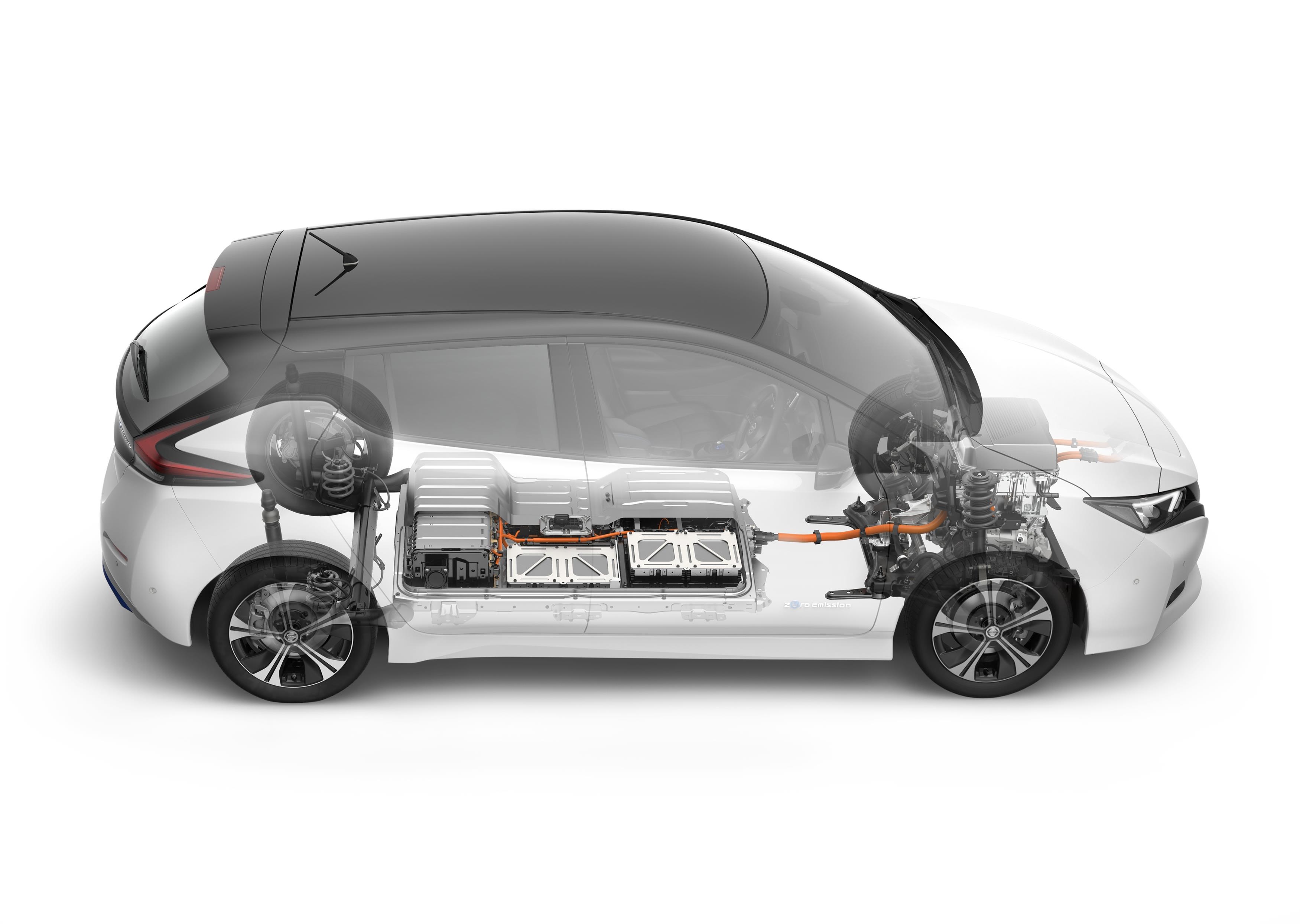
#1. What is the UK government’s grant for buying an electric car in 2019?
Bad luck. The answer is 2. The current grant is helpful but many think it should be more generous.
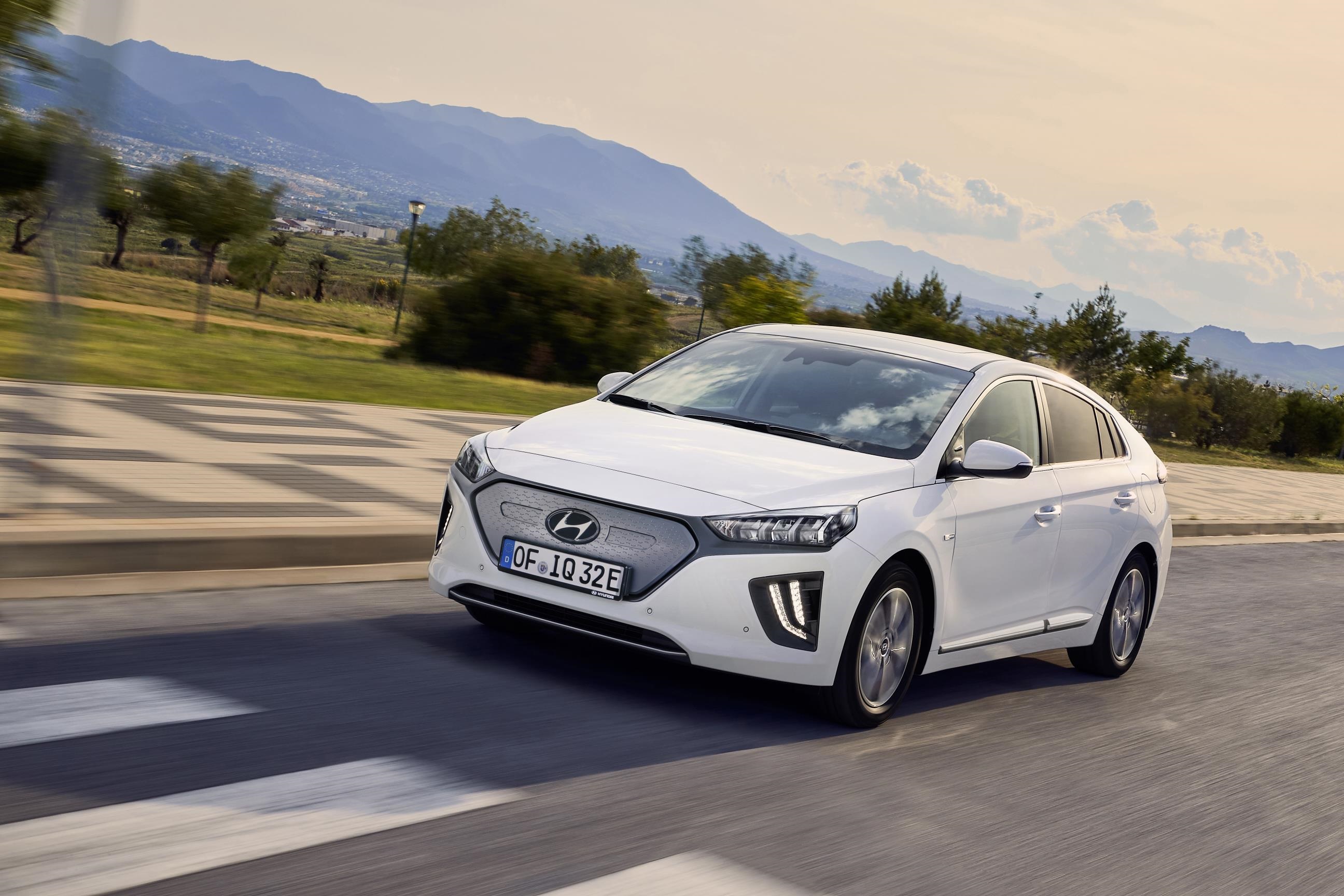
#2. What is energy recovery?
Bad luck. The answer is 1. This is a feature of all electric cars so it’s helpful to know what it is.
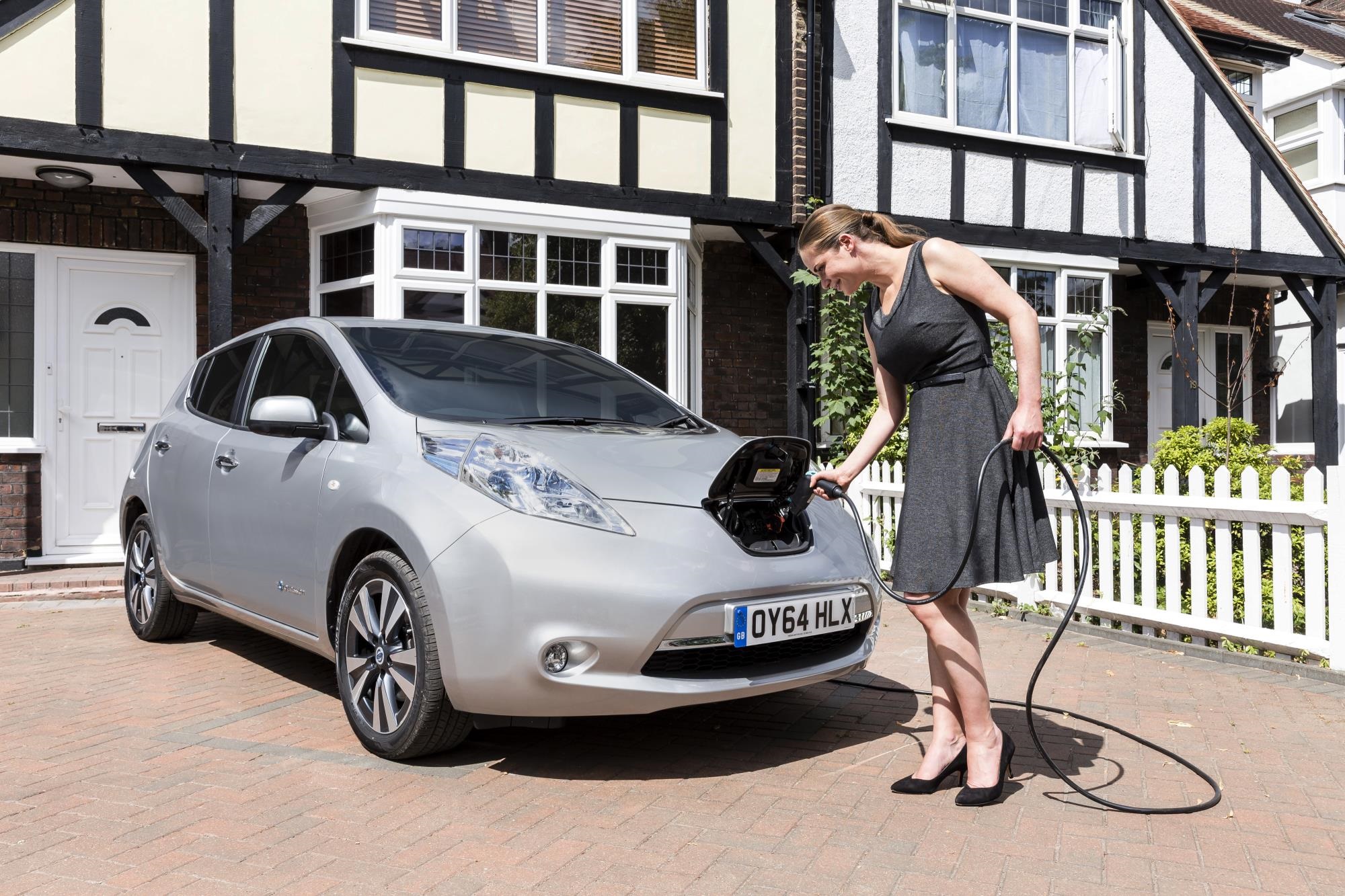
#3. Can you plug an electric car into a normal three-pin plug socket?
The answer is 3. If you’re thinking of buying an electric car, charging and where you do it will be vital.
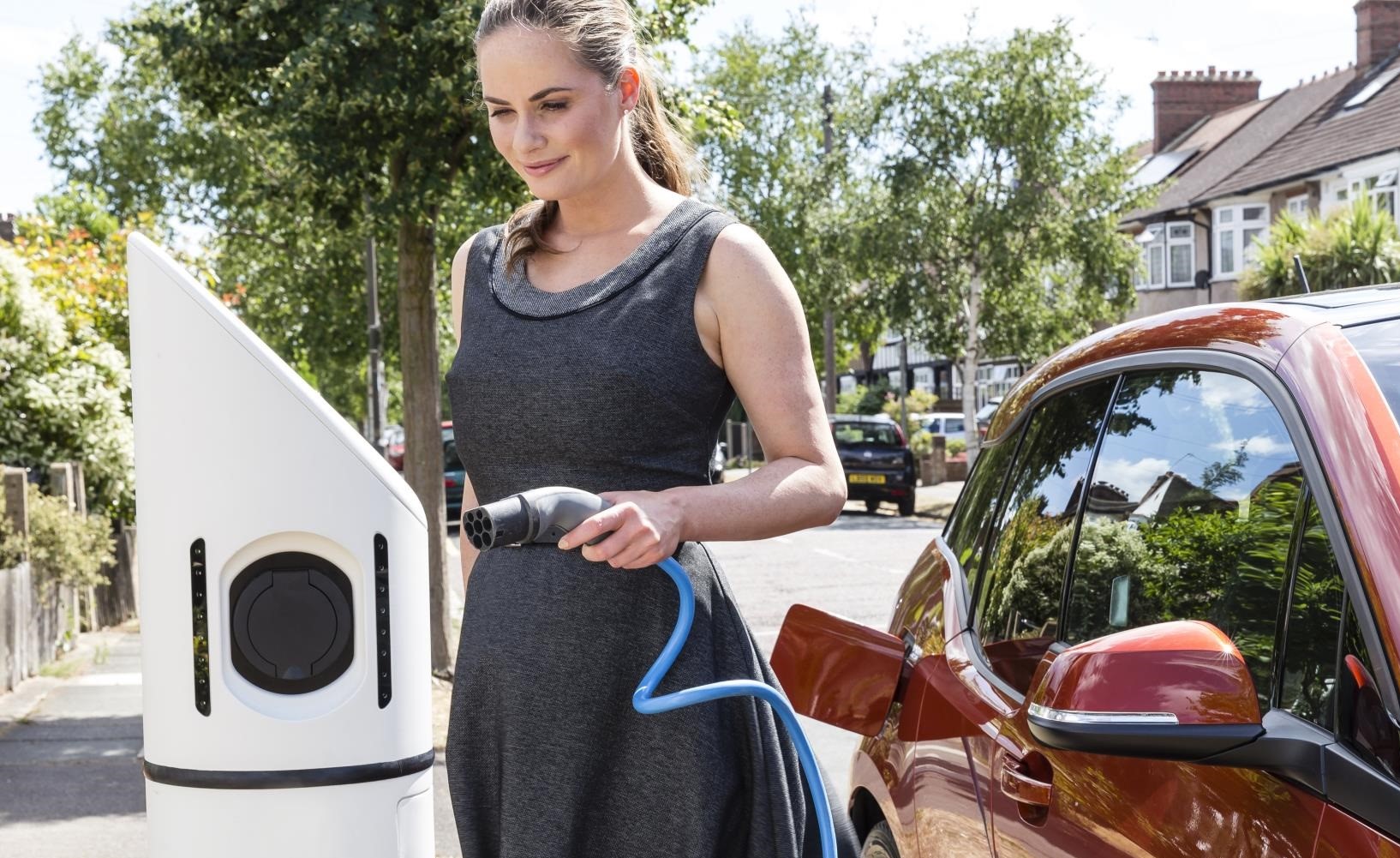
#4. What are CHAdeMO, CCS and Type 2?
Bad luck. The answer is 2. One of the problems with electric cars is there is no specific standard for things as yet.
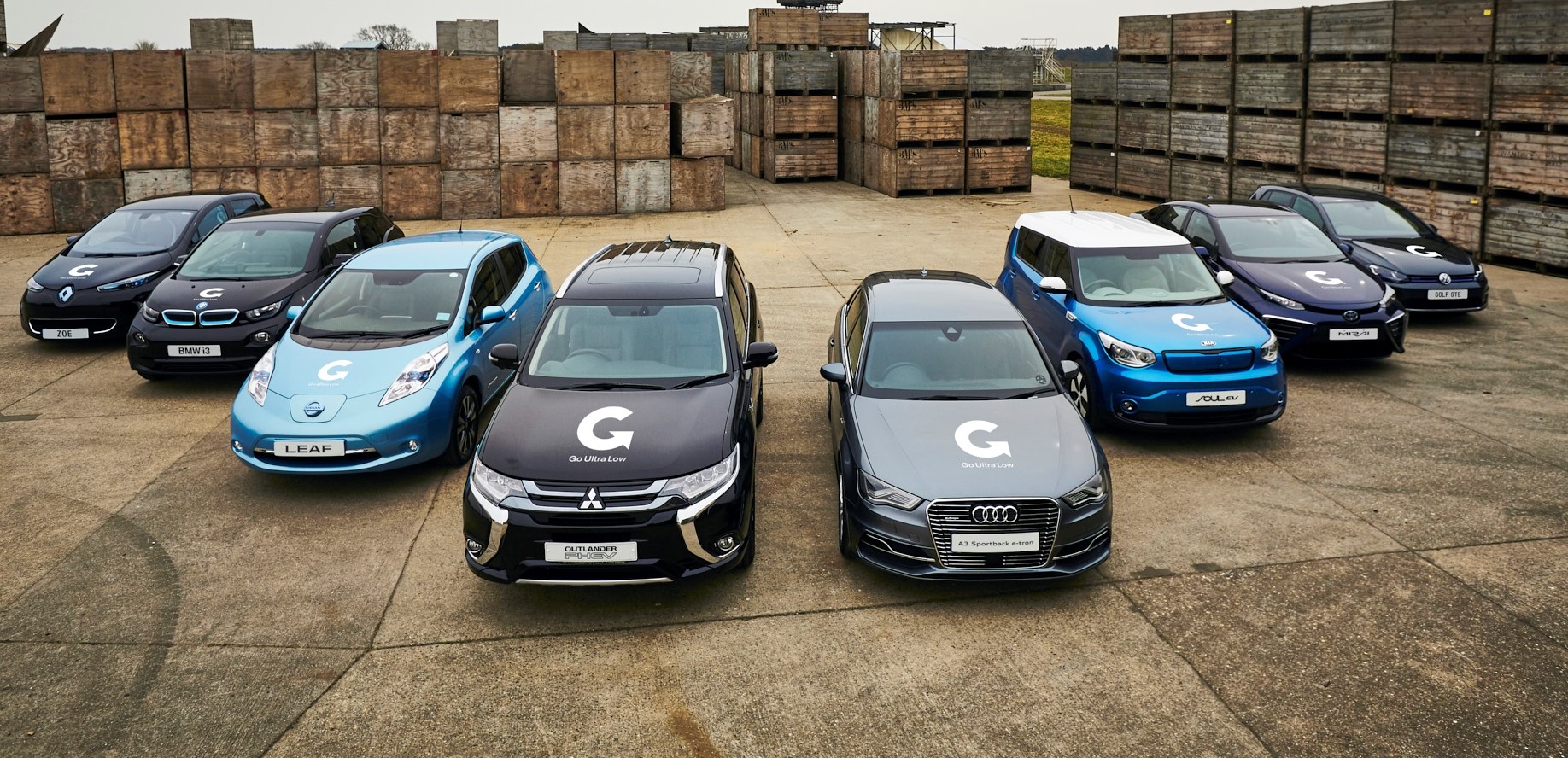
#5. How long does it take for an electric car to be fully charged using an Ultra Rapid Charging point?
Bad luck. The answer is 1. Some experts think charging time for electric cars is more important than battery range.
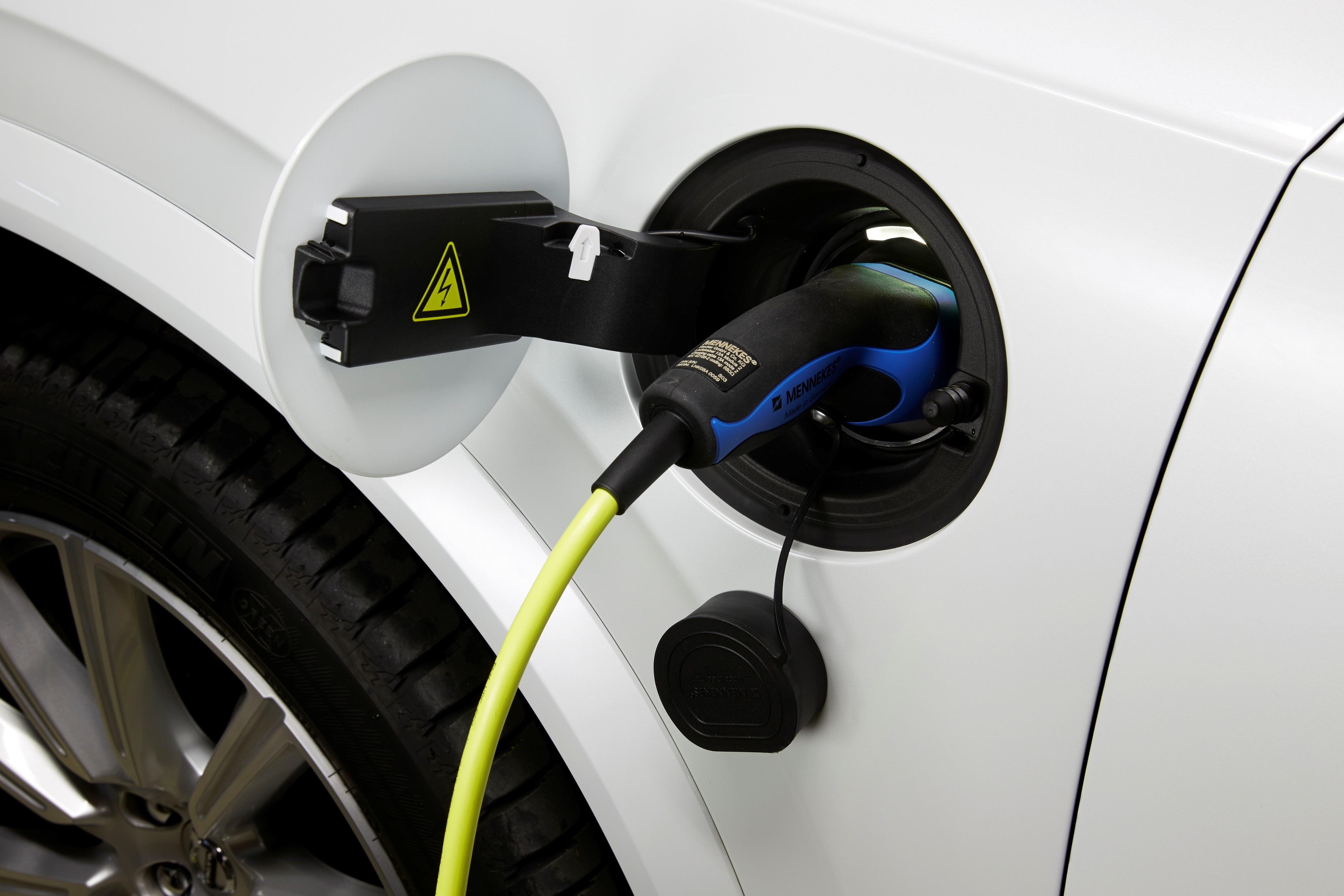
#6. Petrol or diesel cars cost about 12p per mile in fuel. How much is it for an electric car charged at home?
Bad luck. The answer is 3. Running costs are one of the main reasons for going electric.
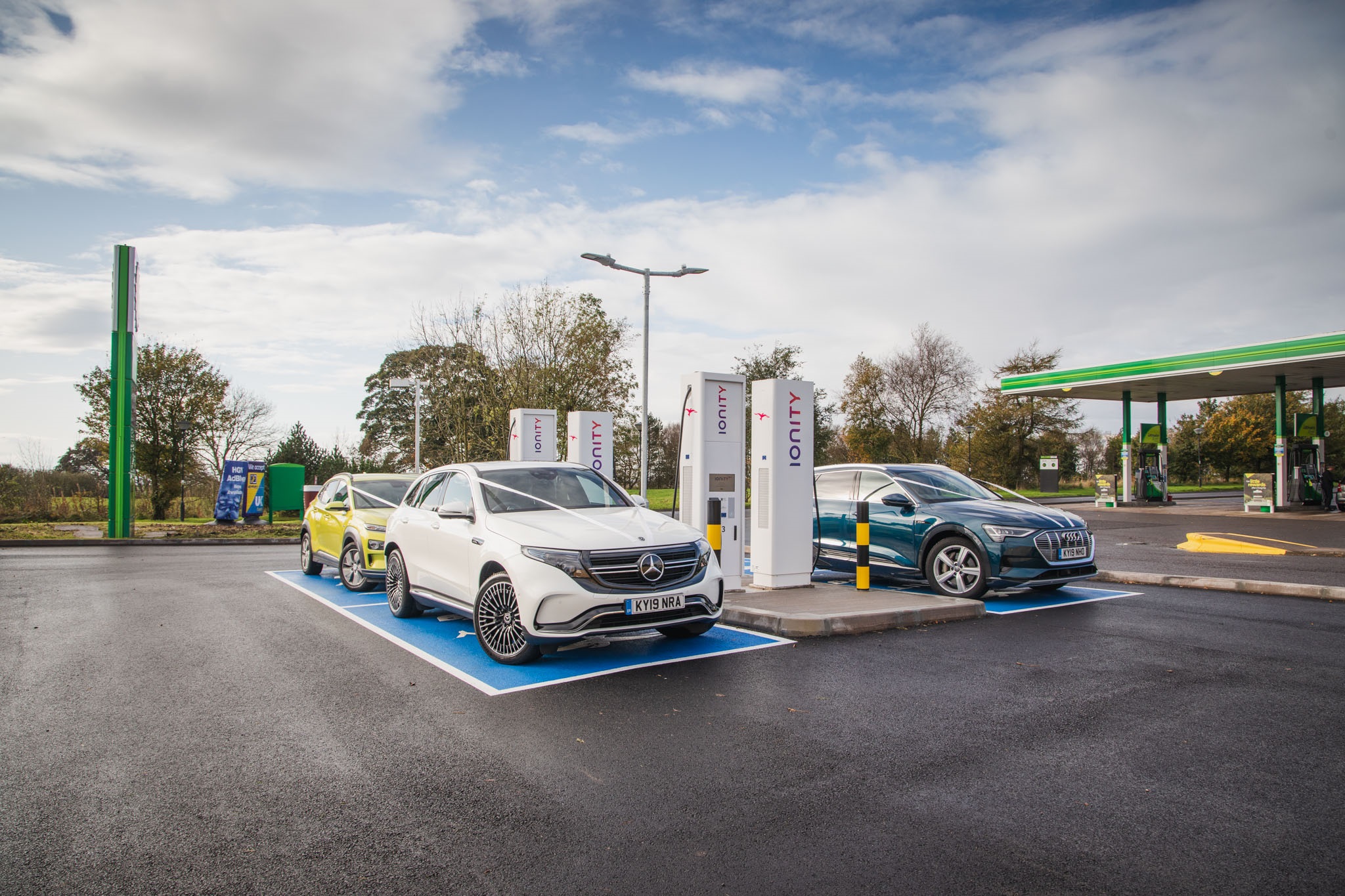
#7. How many public charging locations for electric cars are there in the UK in October 2019?
Bad luck. The answer is 1. There might be lots of them but there still needs to be more!
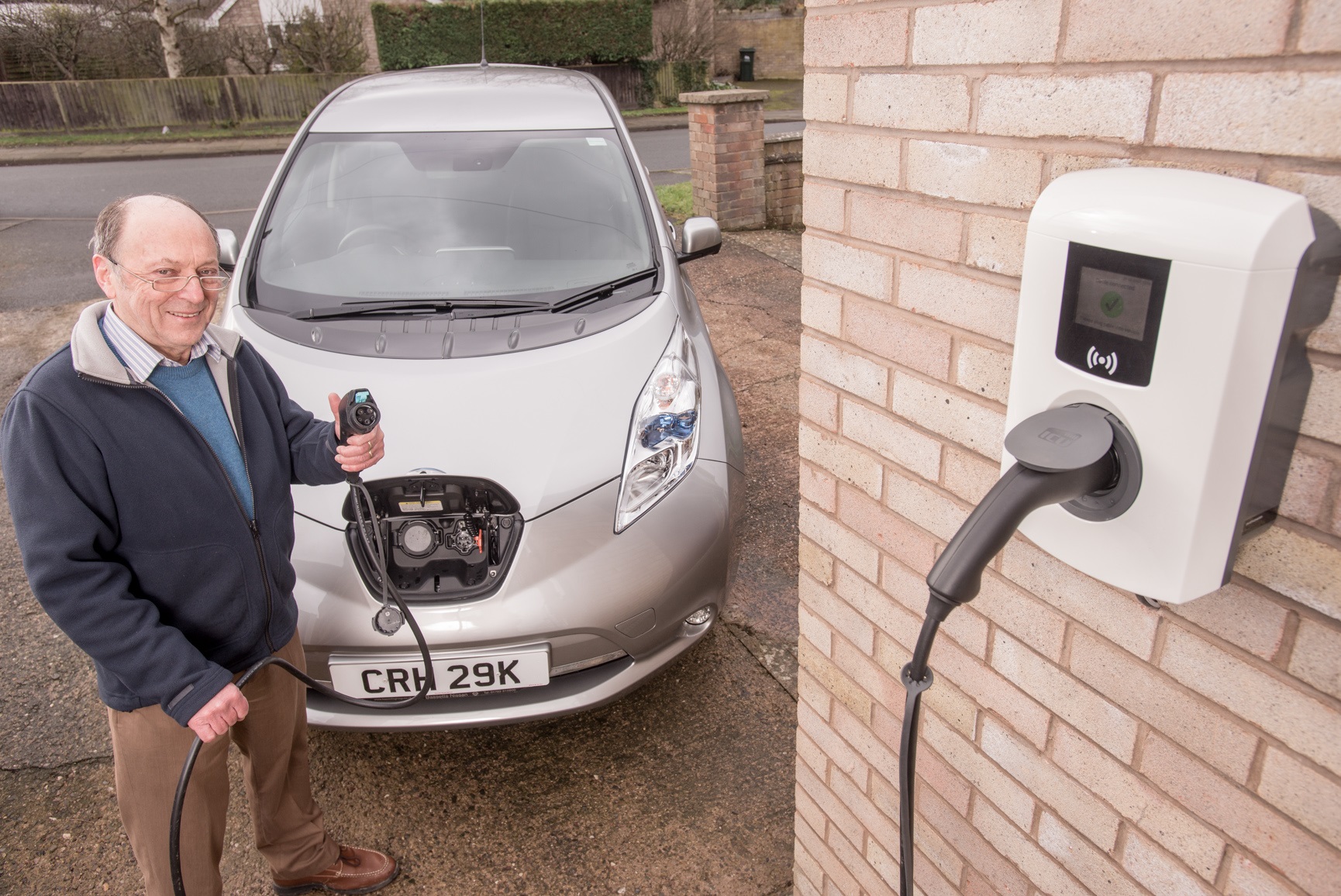
#8. What are the three main types of electric vehicle charging points in the UK?
Bad luck! The answer is 2. A lot of people are surprised that there’s more than one kind!
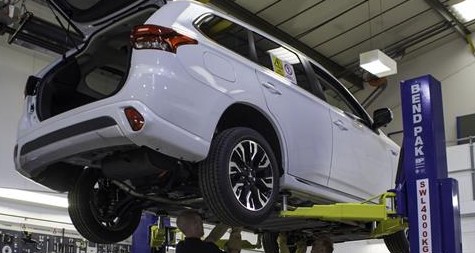
#9. Electric vehicles are cheaper to run than ‘normal’ cars because they don’t require as much servicing
Bad luck. This one is true. If you think about it, electric cars don’t need oil changes and have far fewer moving parts.
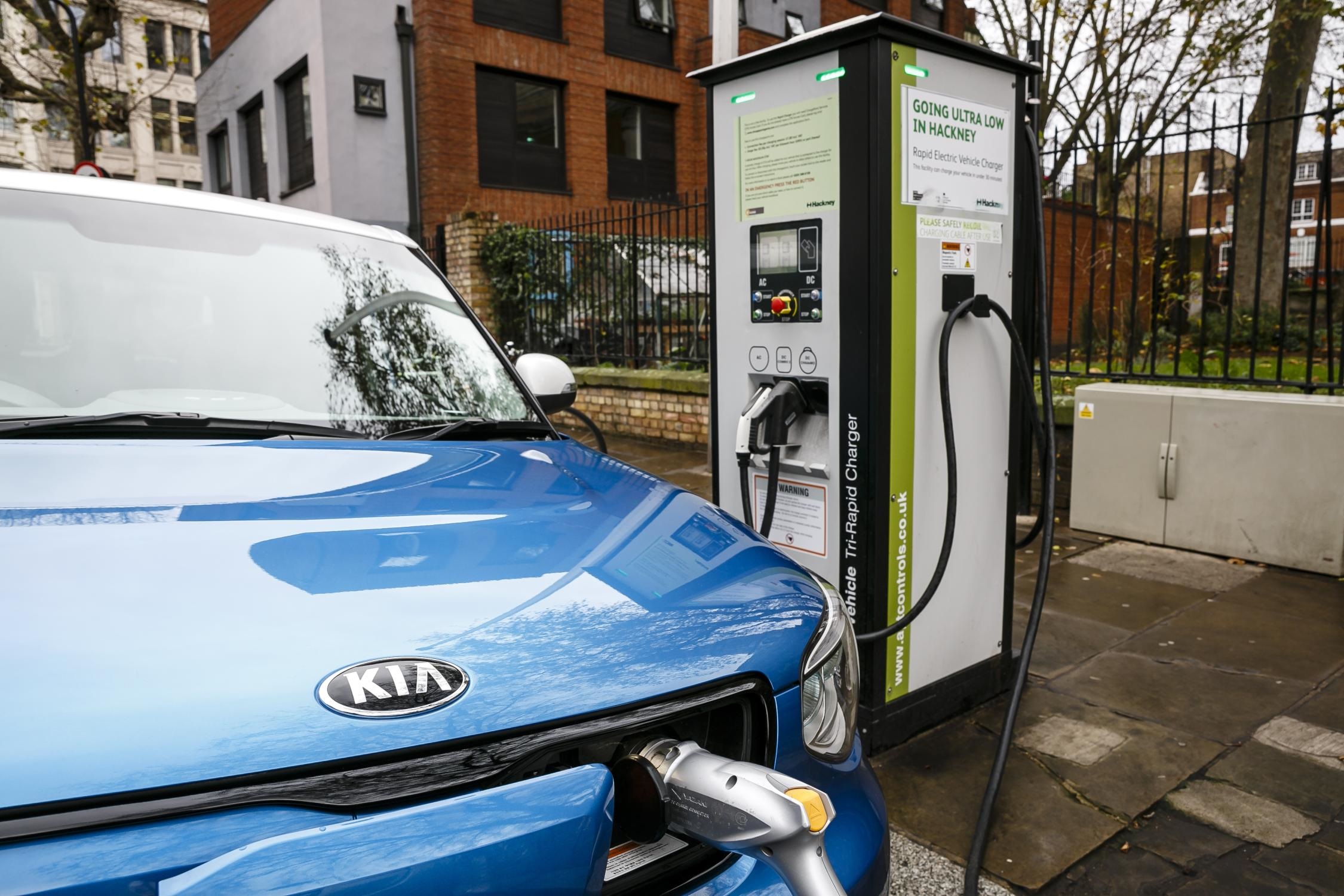
#10. A quarter of Great Britain’s electric car charging points are in London. Where has the fewest?
Bad luck. The answer is 2. Some parts of the country are woefully under-served for charging points, leading to them being called ‘charging deserts’.




It would have helped to give the correct answers instead of just saying which ones were wrong. I’m still in the dark.
Have another go Linda! It’s 50/50 now you know one is wrong!
They write the correct answer under neath. At least they do on number 7
Just have another go………and another (if you need to)
Totally agree! What are the right answers?
Try taking the test again, you might get a few more questions right next time!
Just repeat the quiz changing the answers you got wrong until you get them right.
Maybe take it again
Just done it and the wrong answers are highlighted in red with the corrcet answer in a box below.
Got most of the answers from the RAC website!! Have a read.
Think they must have changed it coz the correct answers came after the ones you get wrong
I,ve just done the quiz and if you get the answer wrong it gives you the correct one.
must have been updated since you did it.
Green does not always mean new if a car is over a certain age it has been produced by fossal fuels many years ago and the cost to the environment is offset by the need not to use energy to produce something which is said to be green. It is a fact that coal energy is cheaper than wind or solar and it would be more efficient to clean the by product of coal and fuels than produce new energy for use a prop plane use less fuel than a jet mile per mile and has the UK is still a fossal fuel country electricity production cost to the environment.dont believe everything we are told.cows produce more danger than the car
were are the right answers please.
Yes, electric cars an idea but why not spend more time and monies on developing hydrogen cars I am sure you are aware of the pluses that they have as against elecric.
It wasn’t so long ago that Vauxhall marketed an L.P.G.and petrol car which I nearly purchased. also deisel was said to be the fuel to use whitch I said to my wife WHAT ABOUT PARTICICULANTS.
I saw the end of a programe on T.V “CLICK” that said a car manufacturar was developing a hydrogene car that also had batteries as its main source of power at least its a start. (please excuse the spelling of a 73 year old male)
Hi. I think Honda in swindon was trialing hydrogen cars some time ago ,anyone know the outcome?
In the past Batteries were expensive and battery cars had limited range and recharge speeds are slow hydrogen provided an alternative which with water as an exhaust addressed the pollution issues of petrol or diesal. However batteries are falling in price, there are now a number of electric cars with over 200 miles range and they can be charged to 80% in 30 mins. There are issues with households who do not have off street parking as they cannot charge at home, which is where most charging takes place but some councils are now installing charge points in lampposts to address this. Hydrogen requires a lot of infrastructure, it is significantly less energy efficient (about 3 times the energy per mile), the cars are more expensive and fuel more expensive. However hydrogen does have potential for shipping and possibly airplanes in the future. If could have a role for large vehicles (where you have a debot with its own hydrogen source), hydrogen busses are being trialed but here are now battery double deckers available.
See if you can work it out yourself Ian lol
Why no correct answers?
Agree with Mr Blackwell let me know the correct answers to the ones I got wrong!
I too agree. No use telling me I’m wrong without putting me right!!!
Right answers would help with actually learning about electric cars!
Hi Rachel, our hope is that readers will have another go at the quiz and hopefully get the answers right. It’s the best way to learn!
I agree with Ian, having the right answers would be good !
It would be nice (and informative) if you also displayed the correct answers at the end!
30,000,000 electric cars no mention of lorries and buses going electric, The country will be in meltdown. Long delays on motorways and yes the power station are barely able to cope in winter let alone having 30,000,000 cars on the road.
Greens gone mad!!!!!!!!!!!!!
There are two main reasons for switching to electric vehicles:
1. Climate change: this is a real issue that needs to be addressed, CO2 from petrol and diesel. Passenger cars produce 60% of CO2 emissions in Europe, hence cars are a major area which needs to be addressed.
2. Pollution. It is estimated that there are the equivalant of 30,000 deaths each year in the UK due to air pollution and petrol and diesel vehicles are the main source of this pollution. The issue with vehicles is that they emit the emissions at street level in particular in built up areas with slow moving traffic where there are a lot of people.
Electricity requirements are driven by peak demand not average demand. If 30 million cars are all electric and they are all charged during the day at peak demand time you would need a substantial increase in electric generation to cope, I have seem estimates like 24GW compared to current capacity of 35GW.
However in practice most charging is at night at low demand, and the sensible way forward is to move to smart charging, effectively a more sophisticated version of economy 7, the price of electricity varies with demand, the car would by default automatically charge at times of least demand (if the car needs 4 hours to get full charge and it is parked from 7pm to 7am it does not matter which 4 hours are used to charge). Indeed electric cars could be used as storage batteries to even out demand and uneven supply from in particular wind: eg you car has at 250 mile range but you usually only need 50 mile for you daily commute, say 100 mile just in case, the car could be charged to 250 mile when there is surplus capacity but at peak demand feed electricity bank into the grid down to 100mile. With smart charging the increase capacity is manageable according to the National Grid (this was fully assessed when considering policies to encourage the move to electric vehicles).
Our No.1 son has purchased a second hand Nissan Leaf and overall they are pleased with it .
A big hassle to get the first electric power point but their solar panels are a great help .
Once again Government failing to provide the charging points that were needed .
Gordon Brown pushed the move to diesel cars to save carbon emissions but did not seem to know about the particulates from the hydrogen .
Advisors and experts you can keep , waste of space and money .
But we still have to have fossil powered power stations to produce the electricity OR subsidies to support wind power which means spending more wealth created by conventional power
yes. Please give correct answers
Hydrogen fuel cells are the way to go battery cars are too heavy and take too long to re-charge and are no use for long distance
Yes all quizzes should give the correct answer so we learn what we didn’t know at the end of the quiz. I’m still in the dark unless I can do the quiz again.
Like a predecessor, it would be helpful to know the answers. It seems a waste of time if I am no better off when I have finished the quiz.
Sheila
If we all changed to. Electric cars would the infrastructure cope? Would the power stations burn more gases than current to cope with demand ??????? Who has done the sums ? Hopefully not Jeze Corbin lol
How many car owners in the UK have access to a charging point at there home address?
About 50% of homes in UK have off street parking. If you have a garage you can charge from a normal 3 pin socket, it is aobut £300 to have an external EVE specific charge point installed.
Nothing here about second hand values, or cost of replacing batteries.
Same as before. No correct answers given
Got 5 correct but still don’t know the answers to the 5 I got wrong! But then like the majority of people, I don’t have an electric car.
I’m 70 so I’m not in a position to buy another car
I think large usage of PURE electric cars will put a huge strain on the existing Electricity supplies at the moment as the extra loads on the street cables and street sub stations (transformers) will lead lead overloading and more power cuts. To cure that potential problem will require a huge update and cost. The hybrid, Petrol / electric vehicle would seem the best option at the moment. I have heard from one person who has had a medium size hybrid car for 5 years they never have to plug their car into electricity points. I don’t have an electric car at the moment as I have a caravan and only want 1 vehicle. So for the moment will not be buying an electric vehicle
As I have discussed above the increase in capacity is per the national grid not an issue with smart charging so people are encouraged (through pricing) to charge at times of low demand (electricity capacity requirements are driven by peak not average demand). The car will switch on charging at the cheap low demand rate.
Conventional hybrid (or self charging hybrids) are a way to improve the efficiency of a petrol car: a conventional hybrid cannot be plugged in the battery is charged from regenerative braking and when the car is coasting, this allows recovery of energy otherwise lost. This gives an improvement of between 20% to 35% so a car that would otherwise do 40MPG does 48 to 53MPG. But all the power still comes from Petrol.
Plug in hybrids (and range extended electric vehicles) have larger batteries and can be plugged in. The EV range varies from about 11 to 97 miles depending on the car and conditions. I have a PHEV with a range of 50 mile and actually averarge over 250MPG as most of our driving is electric. However the downside is you have both an electric and petrol motor. You pay for two power trains, when on electric you are lugging around a petrol engine when on petrol you are lugging around a large battery than is needed to just benefit from regeneration. My car is 2014 when batteries were still very expensive: but with EVs available with ranges over 300 miles and battery prices falling the need for PHEV is diminishing.
I found the answers by scrolling further down the page
Until charging an electric car can be done as quickly as filling up with liquid fuel, and yield a similar mileage range, I don’t see pure battery-electric car sales overtaking those for fossil-fuel cars. As well as the strain put on an already creaking national grid, there is the consideration of disposal of batteries that have reached the end of their useful life. Is there any exchange service for them, or do they just end up in landfill? And until the price of electric cars drops to be competetive with fossil-fuel cars, the take-up rate will still be low, thus making their cost remain high, thus making them less attractive economically! Perhaps the real answer, if we are serious about the environmental impact of fossil-fuel cars, is electric public transport, i.e. trains, trams, buses, etc. And has anyone developed a commercially viable electric aeroplane yet?
About 65 – 70 years ago, Rotherham in South Yorkshire had an extensive electric transport system using busses, whilst neighbouring city Sheffield used trams. These systems were efficient, effective, and popular, as they served the needs of passengers, and because of subsidies, were relatively cheap to use. 60 years on and Sheffield has re-introduced a new tram system which even with all the modern technology around, is an extremely poor shadow of its former self, being very limited in range and areas covered. Yet another example of short term thinking, and profits over everything. More and more cities are thinking of banning cars from city centres, which would be great if public transport was up to the task and if there sufficient park and ride systems in place
The answer to 8 is not compatible with the question of 5. Either Ultra Rapid chargers exist or they do not .. which is it?.
No problem not having the answers I tried the quiz 3 times before I got 10/10. At 70 years of age can’t imagine I will be being one.
And how are we going to generate all the electricity required??? Oh, I know, lots of coal fired stations like the Chinese have.
As much as I would like to go “green” and have an electric car I can not see it ever happening as I live in a block of flats. Where do I plug in ?. I would appreciate the correct answers to all the wrong ones I had in your Quiz !
It would be good to see an article about buying and owning a second hand electric car. How do you assess the battery that comes with it? Will the battery capacity have reduced over time? Are you likely to get a guarantee covering the battery? Some batteries may have components which are easier to recycle – would there be a premium for this sort of battery?
Is this designed to help? I am more confused than before!
My argument is all these adverts regarding electric cars are always where it is nice & sunny, taking our climate into consideration especially now dark cold wet lights on wipers on, no one mentions heaters you are stuck on the motorway because of an accident battery is getting flatter it starts to snow you’re bloody freezing, electric cars you can stuff ’em.
Norway has the biggest number of electric cars per number of the population. They have no problem. I am 71 years old and am on my 3rd electric car. The first was a car converted by the company Chargemaster who now have the largest charging company. It had a range of 50 to 60 miles and was charged with just a 3 pin plug. I bought it new 11 years ago .
My current car is 16 months old it’s range is between 170 and 210 miles per charge ( depending on season) the companies latest model says it can do 250 miles but then they said mine had a range of only 180 miles.
They are improving all the time. We travel from east Anglian to Devon easily. And stop to charge during the journey twice for about 45 minuets but then we usually stop for a drink and toilet stop twice or three times, anyway. It cost me £12 to do the journey there and back. My brother uses a small petrol car and it costs him about £55 .
My advice is just go and test drive one for yourself. You will love the quiet journey. And the very responsive acceleration when passing a lorry.
Then research the car. You will find cheaper service charging, cheaper fuel costs, no road tax, no pollution. Your battery life is at least 8 years.
What I do not miss is having to go to dirty smelly petrol stations and all the time filling and paying for fuel.
I plug in as I leave the car every time I get to 20 miles or less. It charges at cheap night rate electricity or free electric if I charge while the sun is shinning from my solar panels. Just try the electric car before you object to it. You will not change back
The correct answers are showing on the quiz for me.. they’re written underneath each question result!
Hi Lynda. After lots of feedback from you wonderful lot, we changed the quizzes so that they now display the correct answers.
With electric cars eventually the batteries will become obsolete and the need for disposal need to be considered however hydrogen fuel when burnt through the running engine converts into H2O (Water) which is there is therefore no disposal issue. I know they say that production of hydrogen Is an expensive process however when the national grid isn’t being used so much when people are in bed and factories close for the night make use of the FREE wind power which they say they can’t store and run the hydrogene manufacturing at these times. It seems that someone somewhere is just making excuses, this can be done, it just need someone with forward thinking to make the move. Would I prefer a Hydrogen powered vehicle rather than a Battery powered one? Yes it heart beat. No more mining for Lithium like oil when this runs out they’ll turn to Hydrogen in the end just do it now and save our planet.
I have just read ,that the prime ministers car is a 5 litre v8 Jaguar xj. Not much of a role model, hey.
The above quiz states 4p per mile for charging at home, probably at 16p per kw. but when charging away from home is a different matter. Shell are charging 39p per kw, not so economical then are they. My diesel Ford Kuga is cheaper to run.
Economical with the true facts is what they are